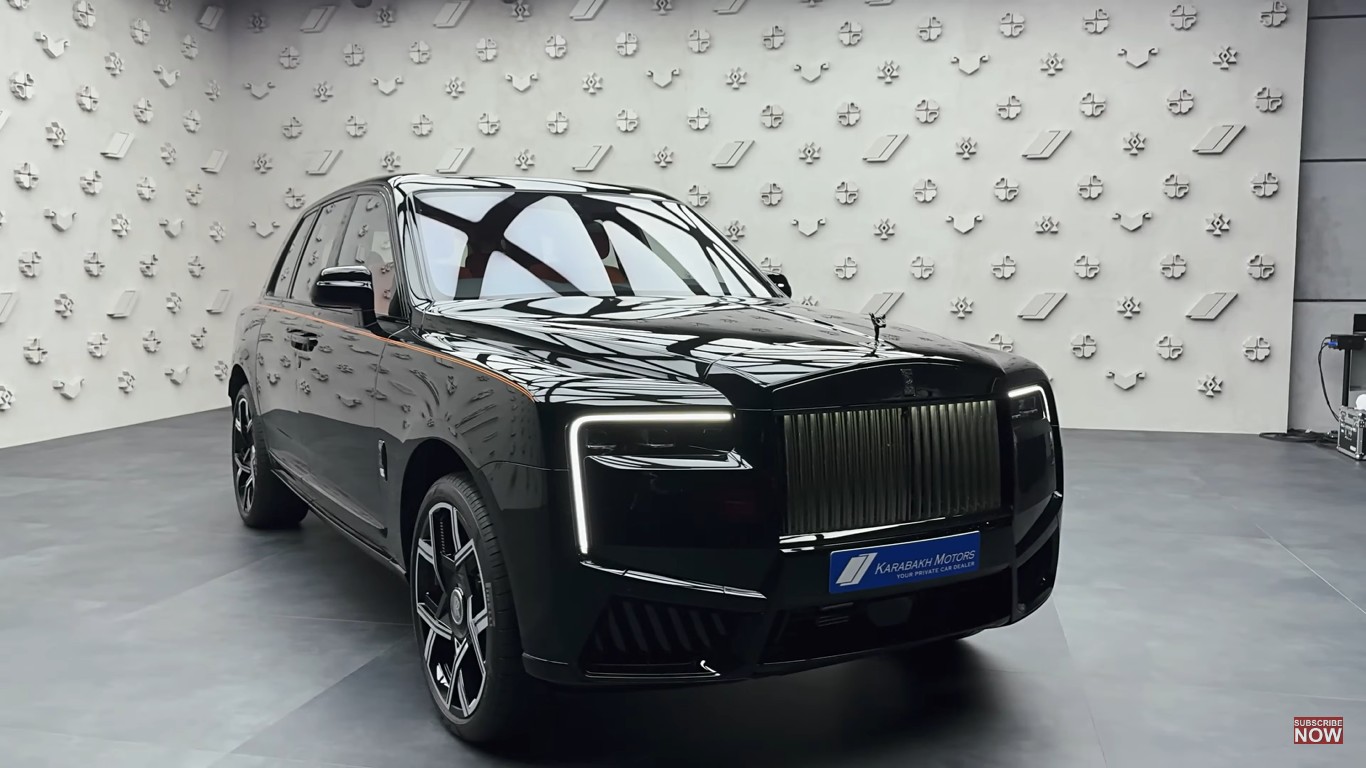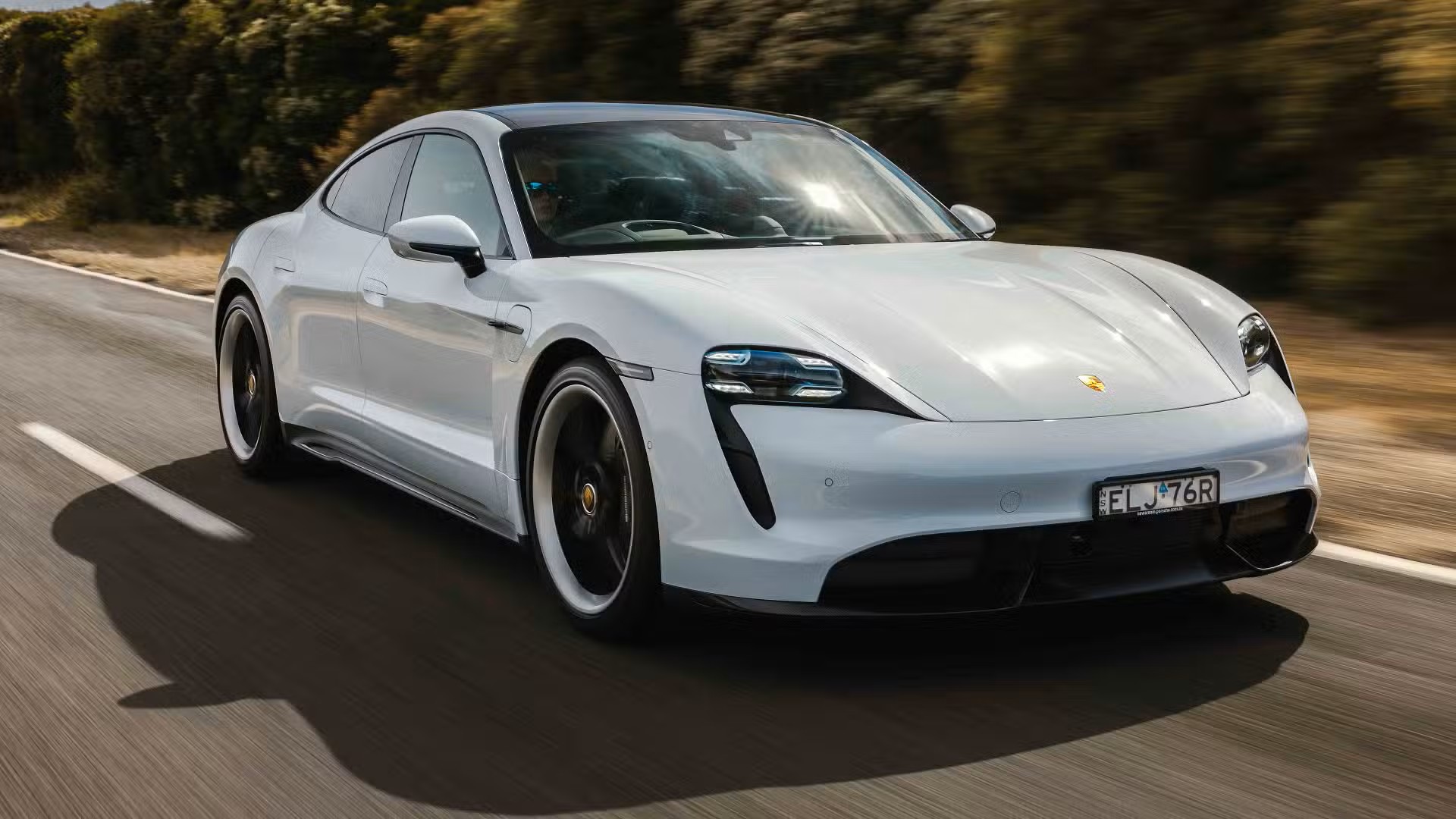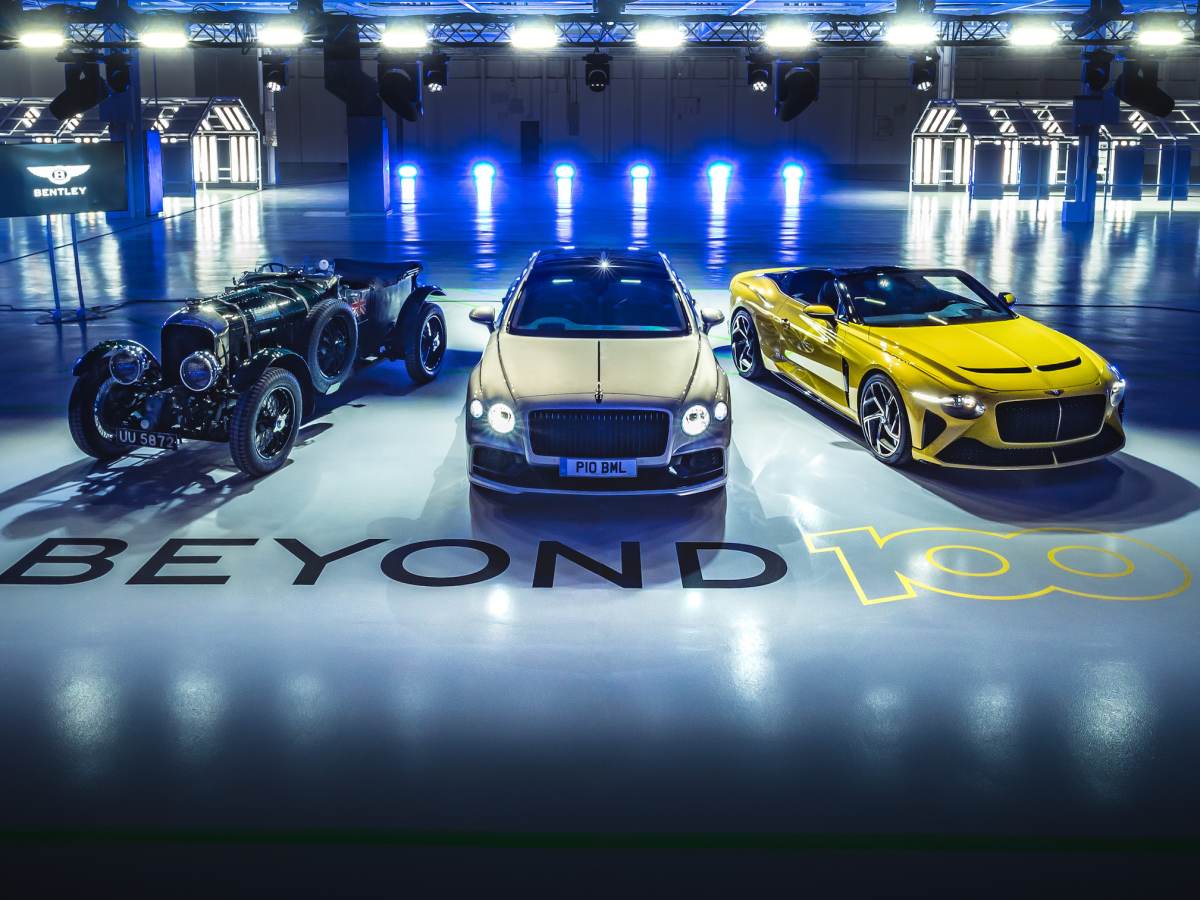The automotive industry is undergoing a transformative shift as luxury brands increasingly prioritize sustainability in their vehicle designs. Recognizing the growing consumer demand for environmentally responsible products, these brands are integrating sustainable practices and materials into their design and manufacturing processes.
This shift not only reflects a commitment to reducing environmental impact but also aligns with the evolving expectations of affluent consumers who value both luxury and sustainability. One of the leading examples of this trend is Bentley, which has announced plans to become a carbon neutral company by 2030.

Bentley’s Beyond100 strategy includes a comprehensive approach to sustainability, encompassing not only the electrification of its vehicle lineup but also the use of sustainable materials and renewable energy sources in its production facilities.
The brand’s flagship model, the Bentley EXP 100 GT concept, exemplifies this commitment with its innovative use of sustainable materials, such as 5,000 year old copper infused riverwood, recycled wool carpets, and bio-based leather alternatives.
Similarly, Rolls-Royce is embracing sustainability through its Project Cullinan initiative. This project aims to reduce the environmental impact of Rolls Royce vehicles by focusing on sustainable materials and eco friendly production methods.

The company is also exploring the use of electric powertrains, as demonstrated by Spectre, the brand’s first fully electric vehicle set to launch in 2024. The Spectre will feature advanced battery technology and a design that emphasizes both luxury and sustainability, marking a significant milestone in Rolls-Royce’s sustainability journey.
Porsche, renowned for its high-performance sports cars, is also making strides in sustainable vehicle design. The introduction of the Taycan, Porsche’s first fully electric sports car, showcases the brand’s commitment to sustainability without compromising on performance.
The Taycan’s production process incorporates renewable energy, and the vehicle itself is built using a significant percentage of recycled materials. Porsche is also investing in synthetic fuels, known as e-fuels, which aim to reduce carbon emissions from internal combustion engines, further demonstrating the brand’s holistic approach to sustainability.
Another notable player in this shift is Tesla, which has been a pioneer in electric vehicle technology and sustainable manufacturing practices. Tesla’s commitment to sustainability extends beyond its vehicles to its production facilities, which are powered by renewable energy sources.

The brand’s focus on sustainability is evident in its use of eco friendly materials and its emphasis on reducing waste throughout the production process. Luxury automotive brands are increasingly recognizing the importance of sustainability and are making significant strides in integrating eco friendly practices into their vehicle designs and manufacturing processes.
This shift reflects a broader industry trend towards sustainable luxury, where high end consumers can enjoy the best in performance and design while also making environmentally responsible choices. As these brands continue to innovate and set new standards for sustainability, the future of luxury vehicles looks increasingly green.

